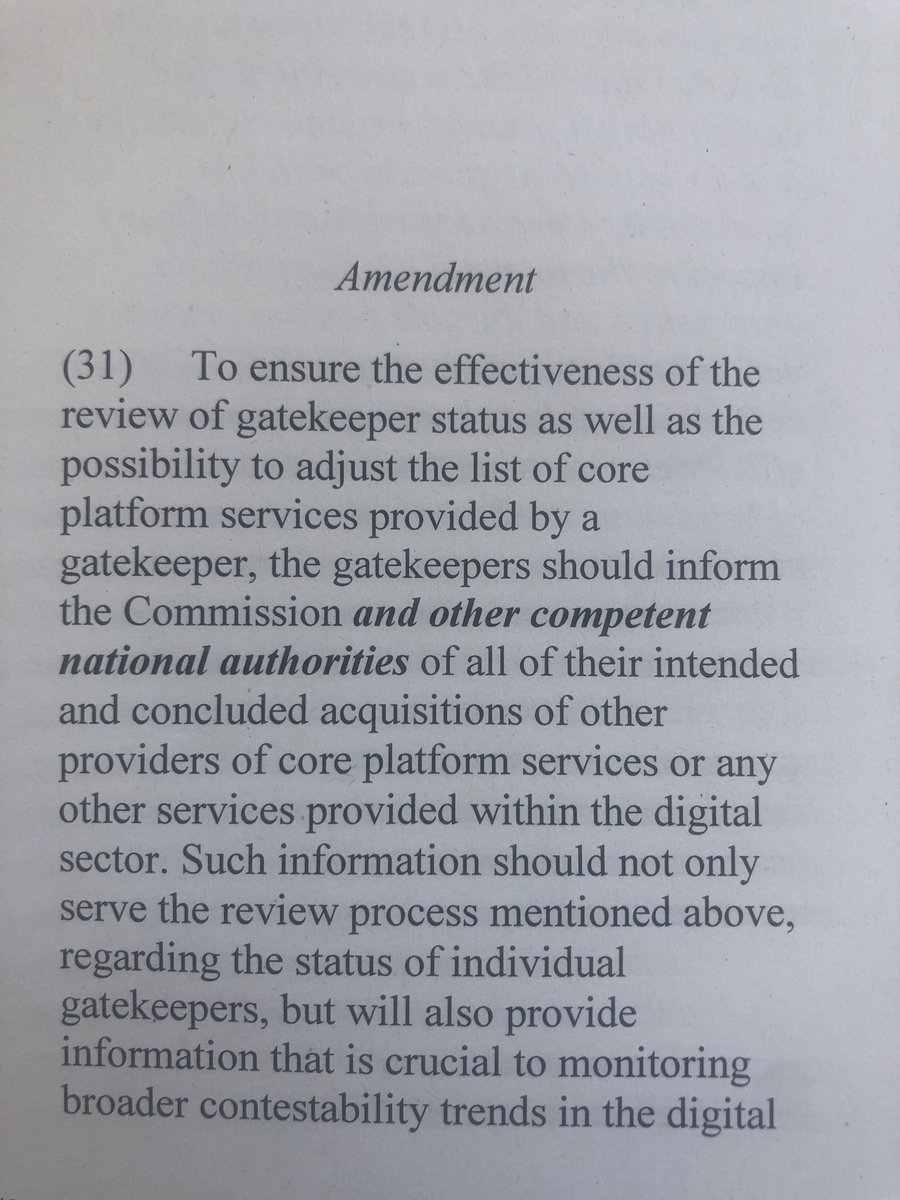
Sharing my prelim analysis of the main points of law raised by last week's Google Shopping judgment of @EUCourtPress Not my final word. 

A legal rule against self preferencing can be effective in cases where full integration makes no economic sense.The Court he court falls short of explaining why a. My take, it makes sense 

Evidence of leveraging alone is not sufficient to affirm antitrust liability against a dominant firm. A 'plus conduct' element is required. Like unequal treatment. Special tests apply. 

What the test of illegality for unequal treatment remains unclear => 1/ abnormality; 2/ discrimination? 

The Court implicitly treated Google as a public utility, common carrier, natural monopoly, you name it. /END 

Sorry abt typos. Pls disregard 2 last sentences, that I thought I had deleted.
A legal rule against self preferencing makes sense in cases where full integration makes no economic sense. 

« Abnormal to display w/ favoring » not « w/o »
• • •
Missing some Tweet in this thread? You can try to
force a refresh



















